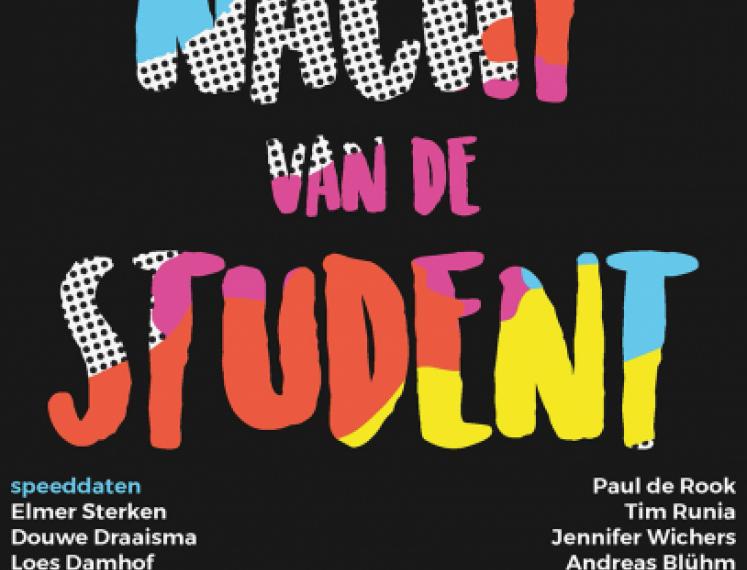The Moral Philosophy of Emotions
Emotions shape our mental and social lives. However, moral philosophy paid scant attention to emotions and found it hard to judge them. Are they simply animal energies or impulses with no connection to our thoughts? And are they therefore morally irrelevant? Or are they filled with intelligence and sound judgements and thus a source of deep awareness and understanding?
In her latest book Upheavals of Thought, Martha Nussbaum presents a powerful argument for treating emotions as highly discriminating responses to what is of value and importance. She goes into a wide range of emotions - in particular compassion and love - showing that there can be no adequate ethical theory without an adequate theory of the emotions. In her own words:
“Instead of viewing morality as a system of principles to be grasped by the detached intellect, and emotions as motivations that either support or subvert our choice to act according to principle, we will have to consider emotions as part and parcel of ethical reasoning...We will have to grapple with the messy material of grief and love, anger and fear, and the role these tumultuous experiences play in thought about the good and just.”
In Upheavals of Thought, Nussbaum discusses philosopers and authors such as Aristotle, Augustine and Proust and she brings insights from psychology, psychoanalysis and religion to fruition.
The Groningen bookshop Scholtens Wristers, together with Studium Generale Groningen has invited Martha Nussbaum to speak about her new book. The lecture is on the eve of April, the (Dutch) month of philosophy.
Martha C. Nussbaum (1947) is a philosopher, a critic, an activist, and a feminist. She is equally at home discussing ancient Greek philosophy and contemporary moral and political philosophy. Nussbaum has written extensively about the connections between philosophy and literature, arguing that literature is the best means we have for exploring the consequences of moral choices. She is professor of Law and Ethics at the University of Chicago Law School. Her publications include The Fragility of Goodness: Luck and Ethics in Greek Tragedy and Philosophy (1986), Love's Knowledge (1990, Dutch translation: Wat liefde weet), For Love of Country (1996), Cultivating Humanity: A Classical Defense of Reform in Liberal Education (1997), Sex and Social Justice (1998) and Upheavals of Thought: The Intelligence of Emotions (2001, Dutch translation: Oplevingen van het Denken. Over de menselijke emoties). In The Netherlands, Nussbaum became famous for her appearance in Wim Kayzer’s documentary Van de schoonheid en de troost (Of Beauty and Consolation).


